In this chapter, you’ll find concise, step-by-step guides for common Chrome maintenance and personalization tasks — from clearing your cache and exporting bookmarks to fine-tuning JavaScript and cookies, taking screenshots, using full-screen mode, and setting your homepage.
Google Chrome is the browser of the past generation. New browsers are introducing advanced artificial intelligence capabilities. A side-by-side comparison of Chrome and Sigma AI Browser revealed significant differences in how well they meet today's user needs
How to clear cache in Chrome
- Open Chrome on your computer.
- Click the three-dot menu ⋮ in the top-right corner and choose Delete Browsing Data (Ctrl + Shift + Delete)
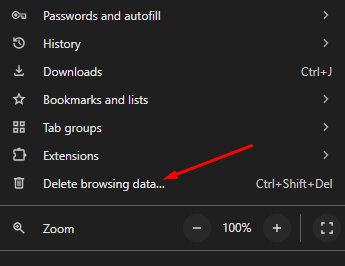
3. In the dialog, set Time range to your desired interval (e.g. “Last hour” or “All time”).
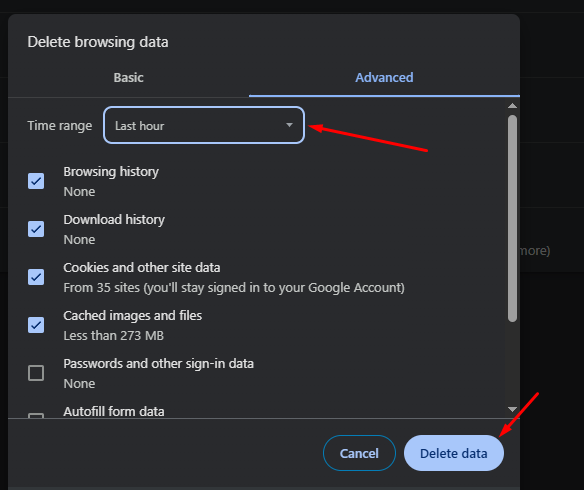
4. Check Cached images and files (you may also select Cookies and other site data).
5. Click Clear data to purge the cache
How to export Chrome bookmarks
- Open Chrome and click the three-dot menu ⋮ → Bookmarks → Bookmark manager
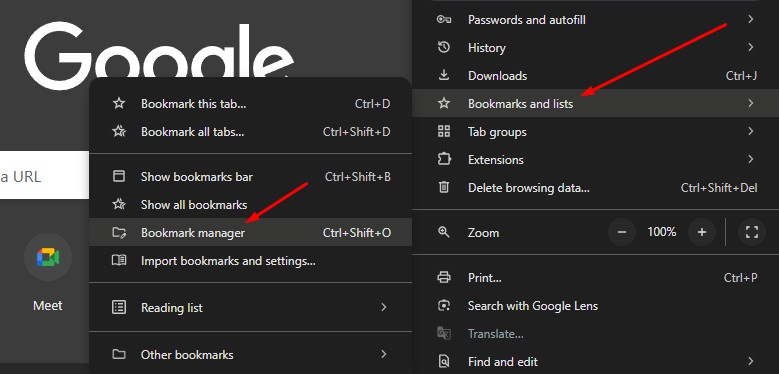
2. In the Bookmark Manager, click the three-dot More icon at the top.
3. Select Export bookmarks.

4. Choose a save location and filename; click Save to generate an HTML file you can import elsewhere.

How to enable JavaScript on Chrome
- Open Chrome, click ⋮ → Settings.
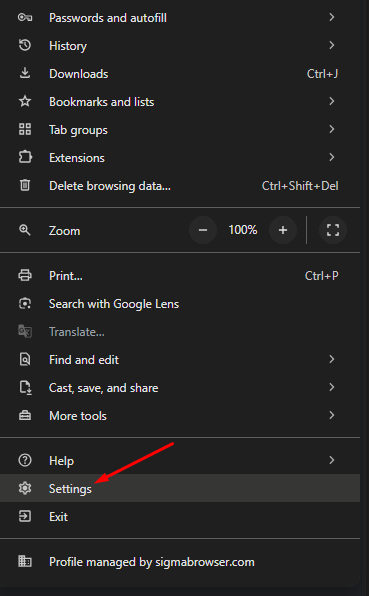
2. Scroll down and click Privacy and security in the left sidebar.
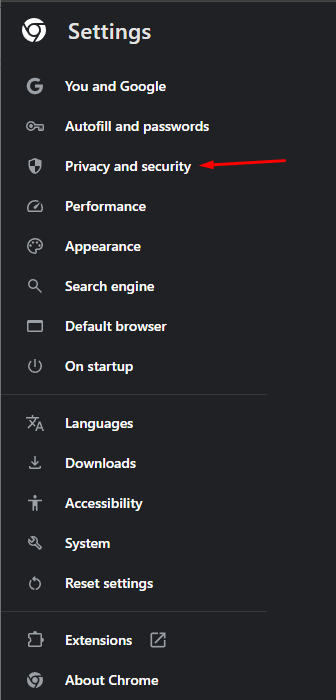
3. Choose Site settings → JavaScript.
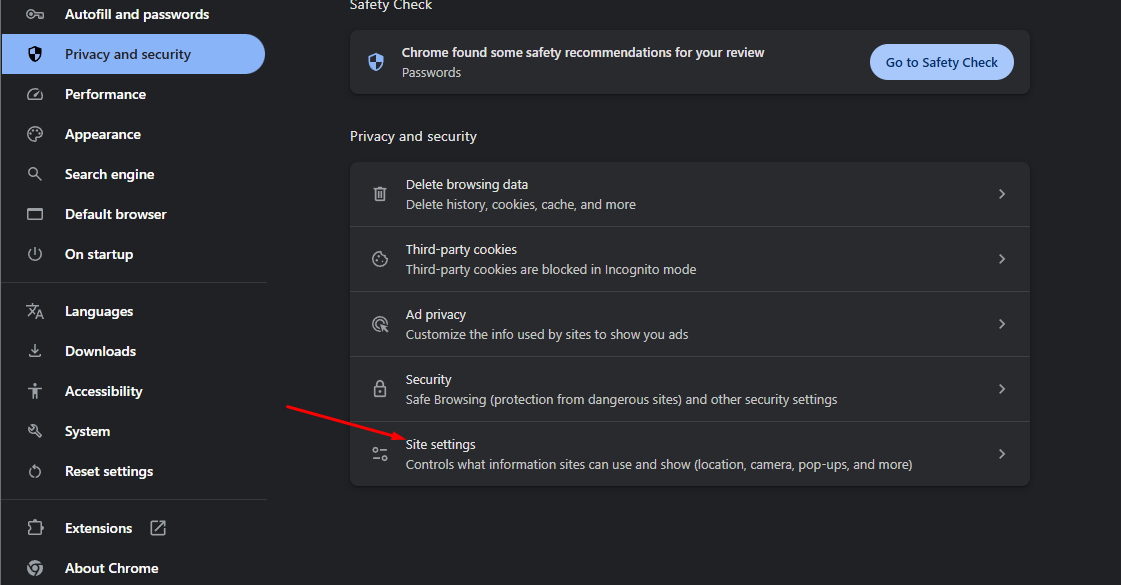
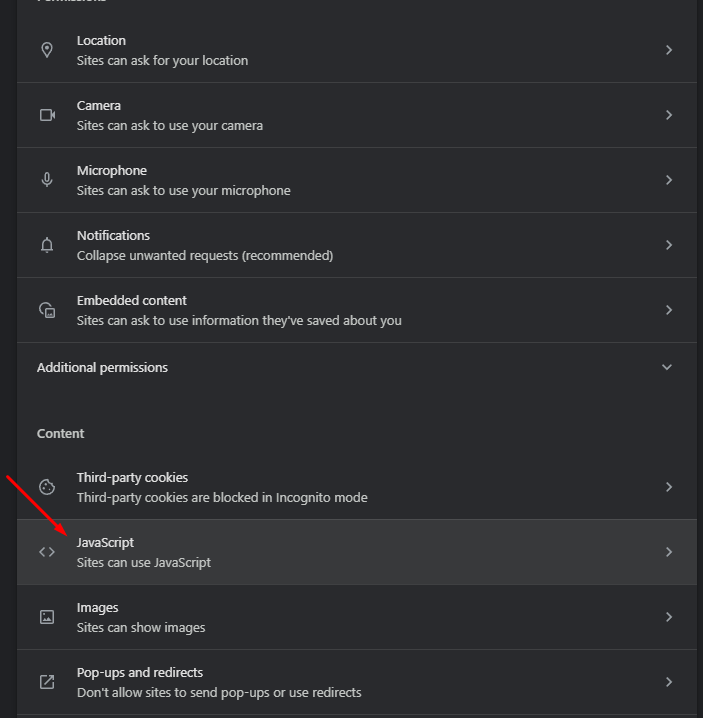
4. Toggle Allowed (recommended) so JavaScript is enabled on all Google sites.
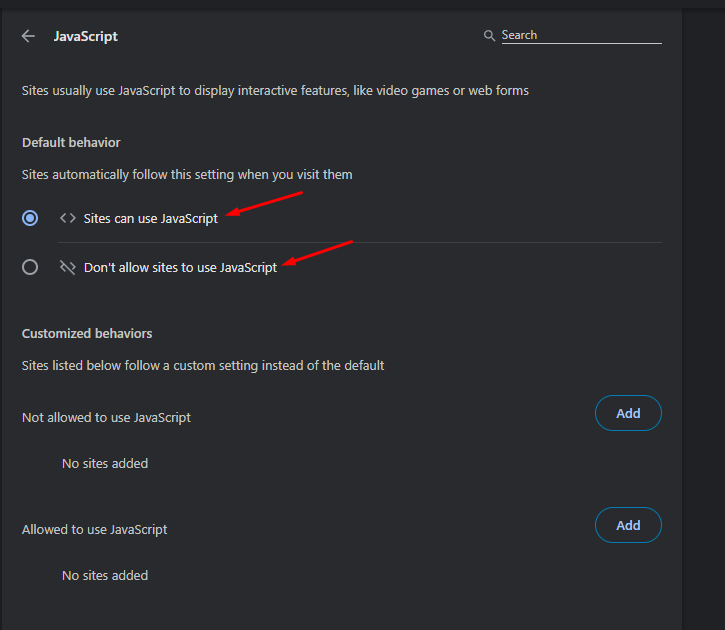
5. (Optional) Under Customized behaviors, click Add next to Allowed to use JavaScript to whitelist specific domains
How to enable cookies on Chrome
- In Chrome, click ⋮ → Settings → Privacy and security.
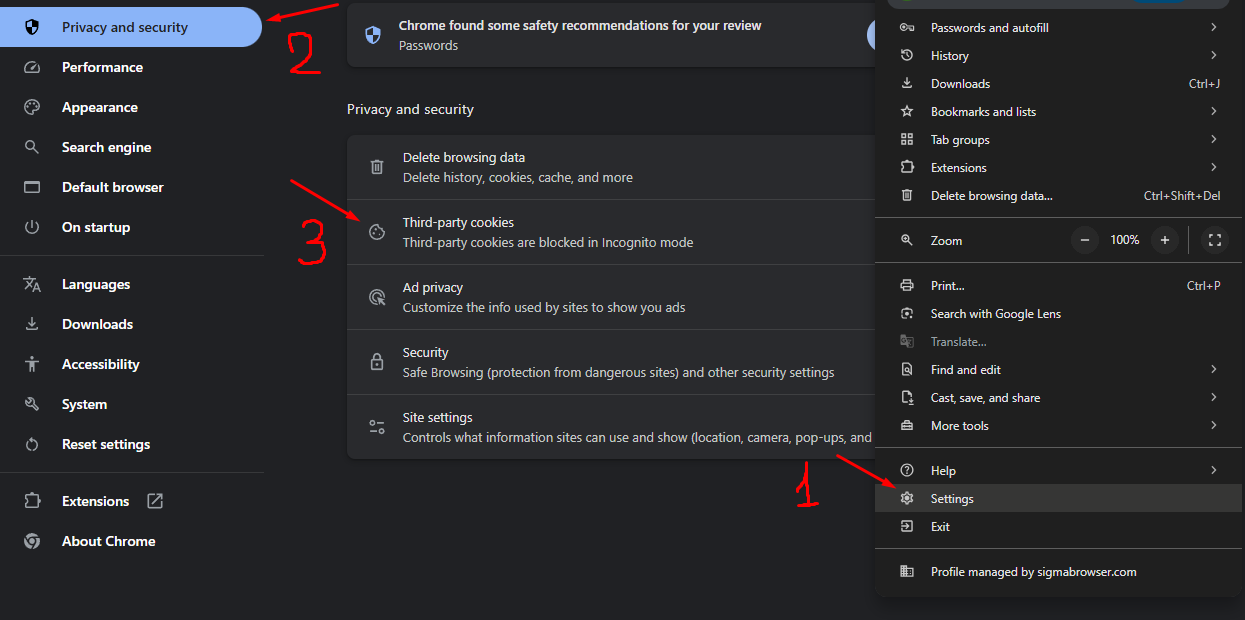
2. Click Cookies and other site data.
3. Select Allow all cookies to enable first- and third-party cookies by default
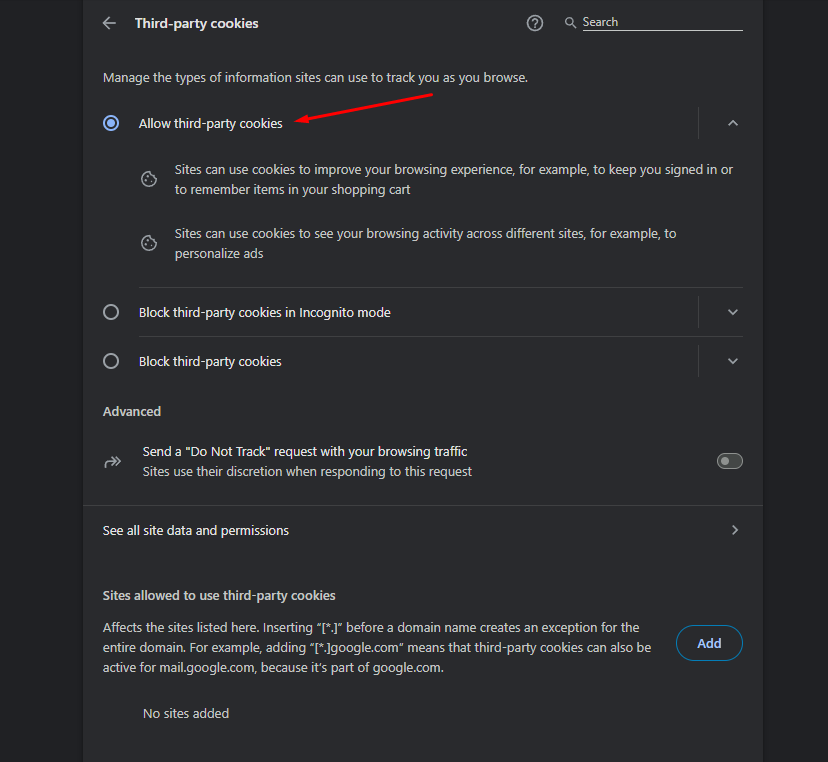
How to screenshot on Chrome
- Open Chrome and press Ctrl + Shift + I (Windows/Linux) or Cmd + Option + I (Mac) to open Developer Tools.
- Press Ctrl + Shift + P (Windows/Linux) or Cmd + Shift + P (Mac) to open the Command Menu.
- Type screenshot and choose from Capture full size screenshot, Capture node screenshot, Capture area screenshot, or Capture screenshot
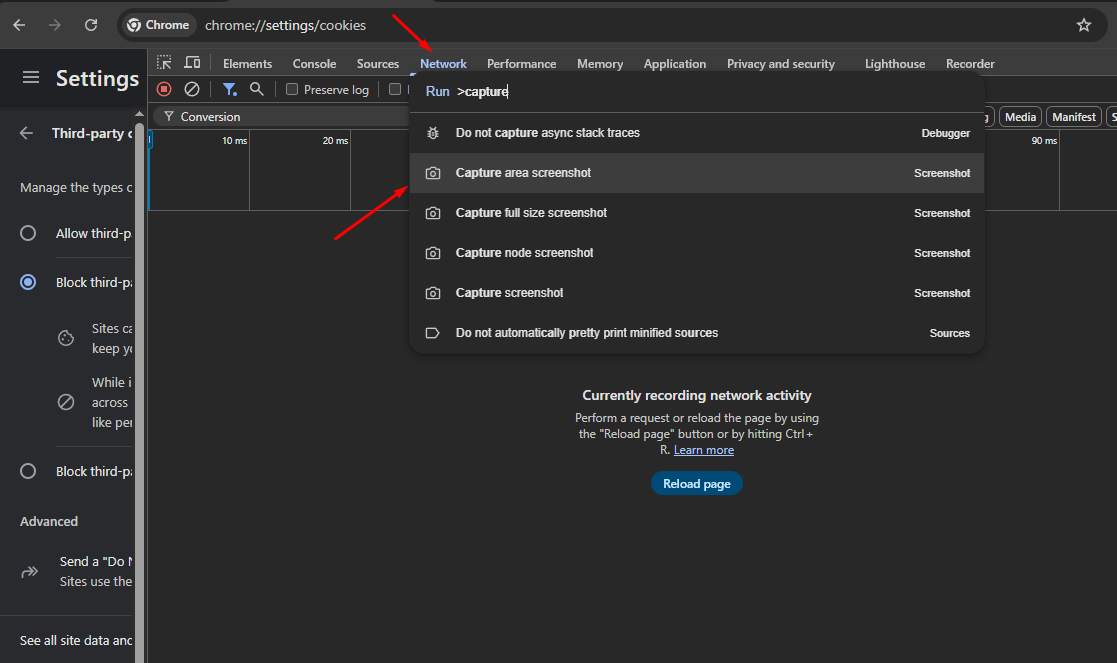
4. The image downloads automatically as a PNG.
How to full screen Chrome
- With Chrome active, press F11 (Windows/Linux) or Ctrl + Cmd + F (Mac) to toggle full-screen mode
- Press the same shortcut again (or Esc on some systems) to exit full-screen
Google Chrome is the most common browser, but it's not the most convenient or secure to use. You can try Sigma AI Browser, which provides convenience, improved productivity and security. With AI-powered technology, you can generate anything you need at your fingertips and quite quickly - text, pictures, mailing lists and so on.


.png)


.png)
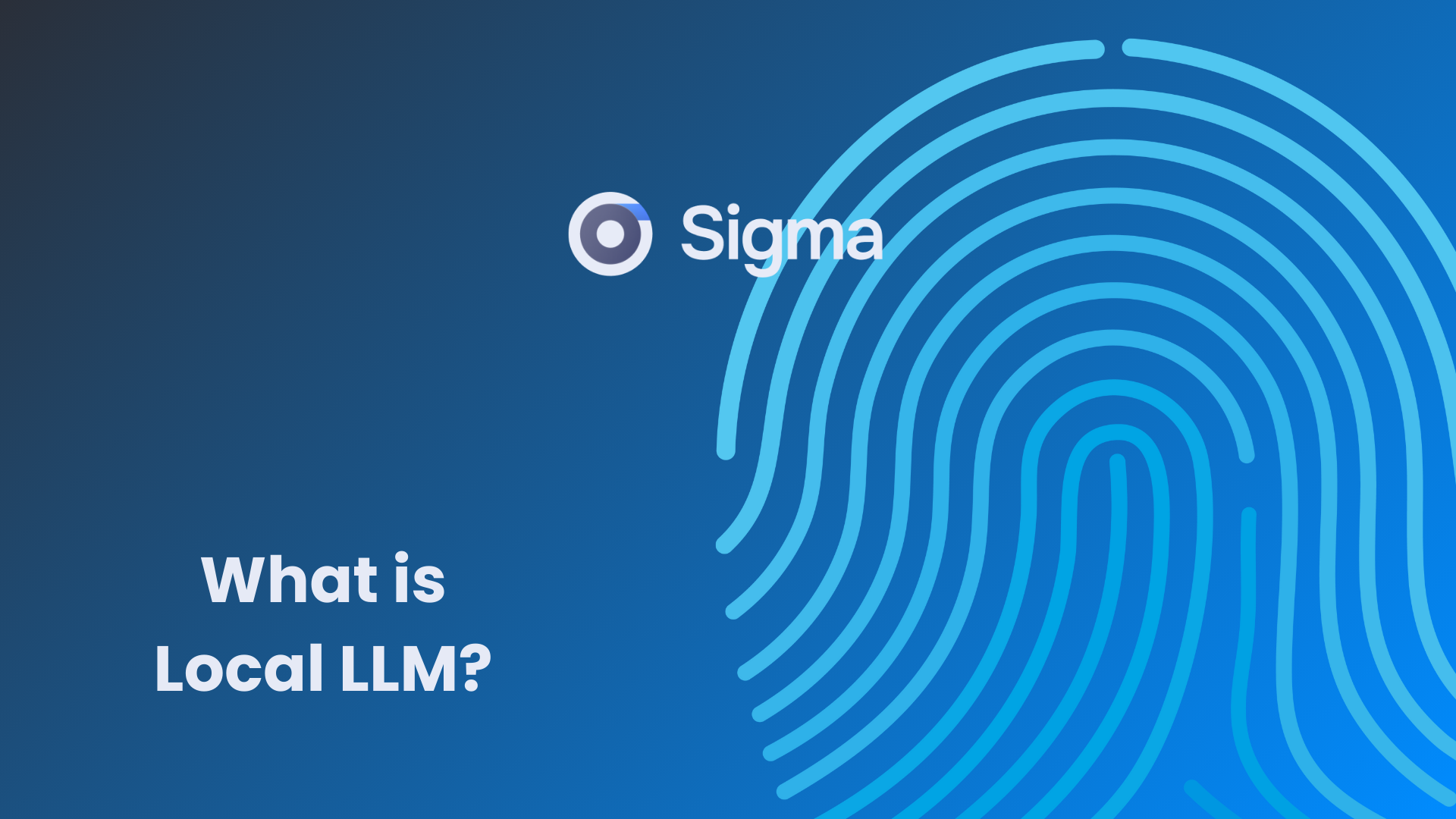
.avif)



